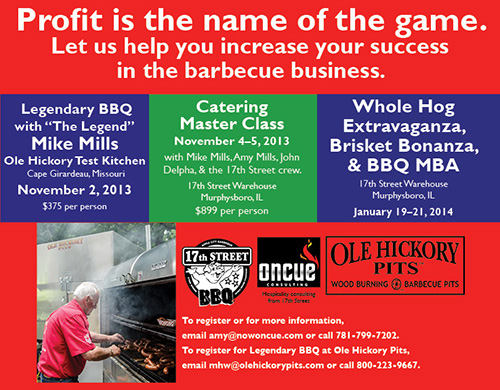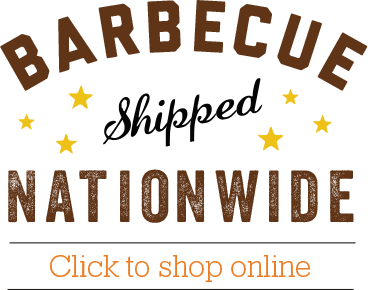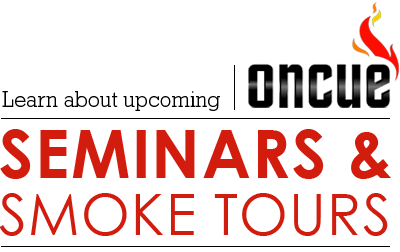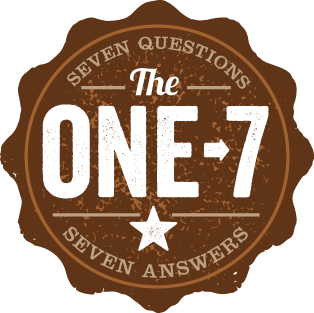Twitter and Instagram are my favorite forms of social media at the moment. I’ve carefully cultivated a twitter feed of people in the barbecue, food, media, fashion, and design arenas. I try to catch up on my feed a few times a day and I like to read everything, therefore the number of people I follow is fairly small. At 17th Street we use Twitter to engage in conversation and show a slice of 17th Street life. We do very little outright marketing via Twitter. One thing I do notice via my Twitter and Facebook feeds is that very few people in the barbecue world are using Twitter to their best advantage.
While this article focuses on brands who tweet too much, many of the principles apply to any business.
Here are a few tips:
Vary your social media content. Linking Twitter and Facebook isn’t usually a good idea. You should be communicating differently on each medium – so many tweets do not translate well to Facebook and vice versa. People also don’t like to read the same information over and over. Tweets that are cut off because the Facebook post is over 140 characters are lost on your followers. If you post virtually identical information and photos on Twitter, Facebook, and Instagram, there is no reason to follow you on all channels. Reading it once is enough. You CAN post the same information, but switch up the wording and the timing.
The largest complaint I hear from my media friends is the amount of spam they receive via Twitter. Tweeting to every media outlet, one after another, a message like any of these is spam:
Hey @nytimes to whom can I send some of my barbecue sauce to sample?
Hey @bonappetit to whom can I send some of my barbecue sauce to sample?
Hey @saveur to whom can I send some of my barbecue sauce to sample?
Hey @guyfieri come hang out with us at the American Royal!
Hey @michaelsymon come hang out with us at the American Royal!
Hey @bobbyflay come hang out with us at the American Royal!
Tweets like these show a lack of media savvy. Your best bet of making contact is a well-crafted email. And don’t tweet every media outlet, one after another, asking for a person’s email address; simply call the publication and ask the receptionist for that information.
Begging for a follow so you can DM a person is also poor form. You can almost always figure out how to contact a person via their website or with a phone call to their business. Followers are earned via value and interesting content.
You can use Twitter to engage and/or broadcast. If you’re simply broadcasting your daily features or sales information about your restaurant, your audience and followers will be relatively small and localized. Unless, of course, you are the Los Angeles Kogi barbecue truck tweeting your next stop to people who avidly follow you for that information.
A poor use of Twitter is retweeting every check-in or compliment you receive. No one is interested in reading these tweets, especially when you tweet them once a day, one after another. If people follow you, they already think you’re great. Retweeting compliments is like applauding for yourself. An exception would be something that your followers would find particularly funny or interesting. A more gracious rule of thumb is to simply @reply the person who paid you the compliment.
No one cares about who’s checked in to your establishment. No one.
Consider NOT putting a period in front of an @ reply. That enables everyone who follows you to see your conversation with another person. 99% of the time this is not interesting or necessary.
A good rule of thumb is a 4/5 to 1 ratio of tweets that aren’t about you to those that are. A great use of Twitter is to lift other people up. Tweet and retweet articles about your friends and colleagues and items that are of interest to your industry. Make your twitter feed a source of information and inspiration and you will earn all of the followers you want.
What are your favorite tips for savvy Twitter use? What Twitter behaviors do you find annoying?






